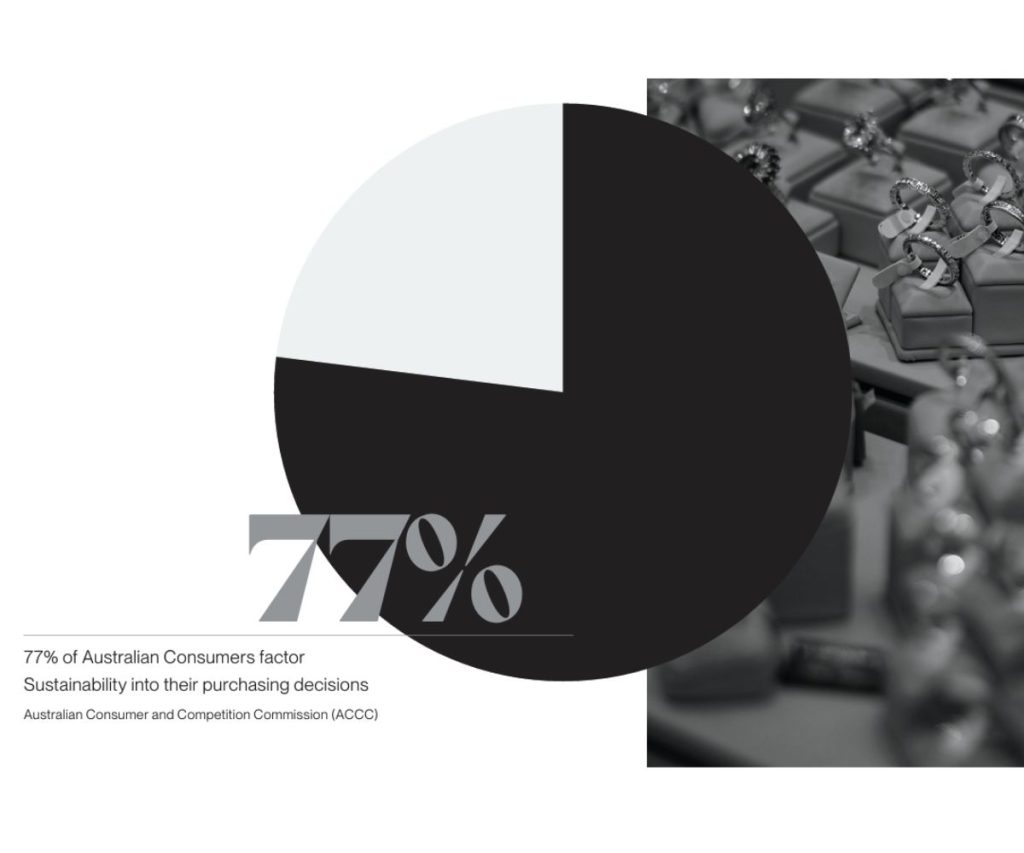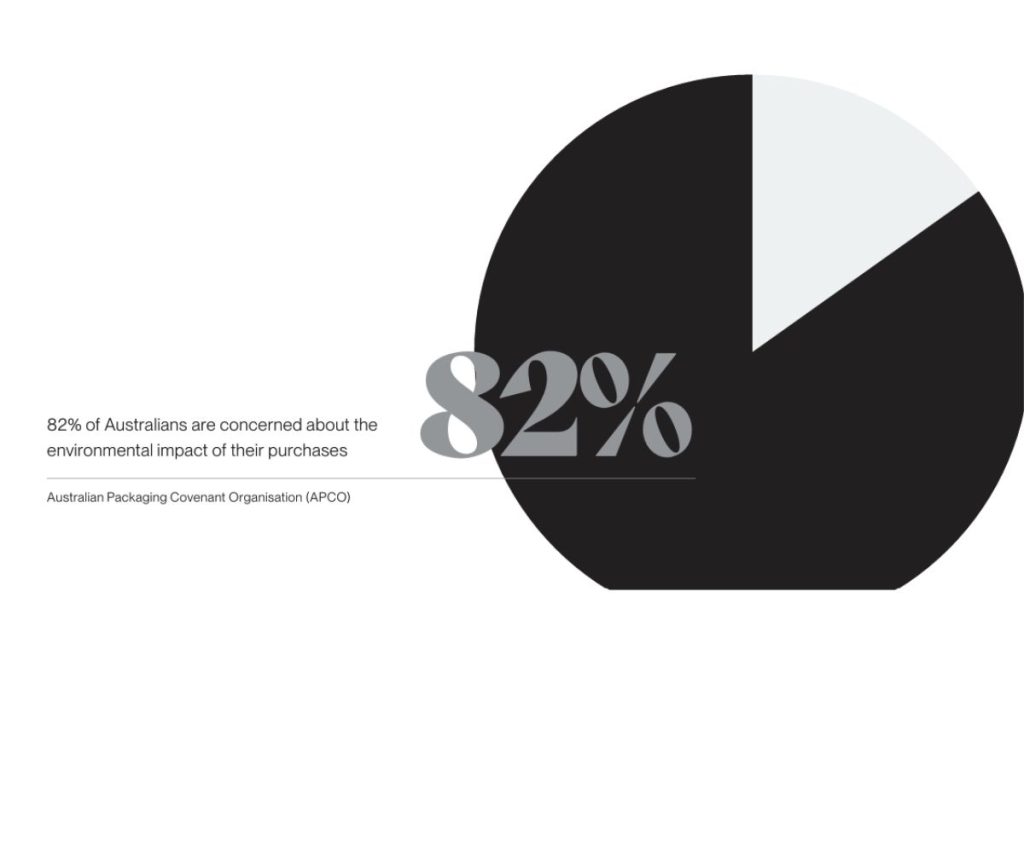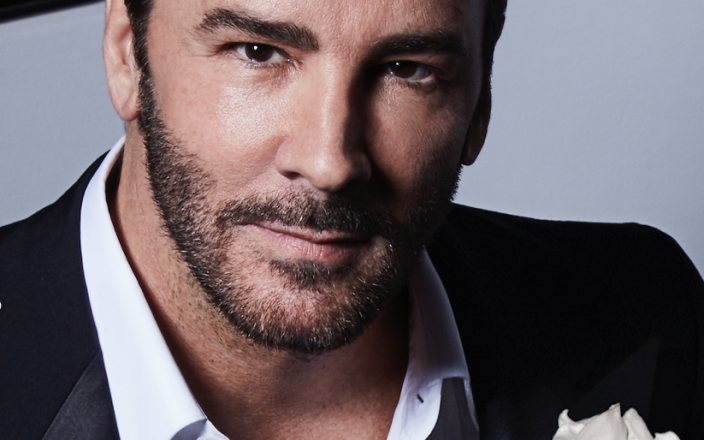Current State of Consumer Sentiment and buying behaviour in Australia on Sustainability and Ethical Brands.
OUR BUYERS SENTIMENT
A recent survey by the Australian Consumer and Competition Commission (ACCC) indicated that 77% of Australian consumers factor sustainability into their purchasing decisions, surpassing the global average of 70%. This strong preference is driving notable shifts in consumer behaviour, particularly in the realms of reducing plastic waste and supporting local products (McKinsey & Company).
GREEN SPENDING
According to a report by Nielsen, 66% of Australian consumers are willing to pay a premium for sustainable brands, a significant increase from 55% in 2014. The Australian Packaging Covenant Organisation (APCO) reported that 63% of consumers are more likely to purchase from companies that are transparent about their sustainability practices.
66% of Consumers are willing to pay a premium for sustainable brands!

Another study by the Australia Institute found that 82% of Australians are concerned about the environmental impact of their purchases, and 75% are willing to pay more for products that are environmentally friendly. The jewellery sector has seen a notable shift towards ethical sourcing and sustainability. A survey by the Responsible Jewellery Council (RJC) highlighted that 70% of Australian consumers prefer to buy jewellery from brands that ensure conflict-free sourcing and fair labour practices.
RESHAPING MARKET TRENDS
Gen Z and Millennials are particularly influential in driving the demand for ethical and sustainable products. A study by Deloitte found that 86% of Gen Z Australians believe companies should help address social and environmental issues.
This demographic’s preferences are reshaping market trends, compelling brands to adopt more sustainable practices. This is echoed by a survey from the Australian Youth Climate Coalition, which found that 85% of young Australians view climate change as the most pressing issue of their time, greatly affecting their buying decisions.
GLOBAL BRANDS RESPONSING
De Beers
De Beers is at the forefront with its blockchain based Tracr platform, ensuring every diamond’s journey from mine to market is ethically verified. This innovation has set new standards in the industry, significantly enhancing consumer confidence (McKinsey & Company).
Pandora
Committed to using only recycled gold and silver by 2025, Pandora is reducing its environmental impact while promoting a circular economy. In 2023, 71% of the silver and gold in Pandora’s jewellery came from recycled sources, marking a significant step towards their sustainability goals (McKinsey & Company).
Tiffany & Co.
Tiffany & Co. introduced the Diamond Source Initiative in 2023, offering full transparency on the origin of their diamonds. This move has not only reinforced their reputation but also attracted a new generation of eco-conscious consumers (McKinsey & Company).
Cartier
Joining the Responsible Jewellery Council (RJC), Cartier ensures its supply chain meets stringent ethical and environmental standards. The 2023 launch of “Cartier for Nature” underlines their commitment to biodiversity conservation and sustainable material sourcing (McKinsey & Company).
DIFFERENTIATE YOURSELF
In the jewellery sector, ethical sourcing and sustainability are now critical differentiators. Consumers are increasingly opting for brands that ensure conflict-free sourcing and fair labour practices. This trend is reflected in the growing popularity of alternative and locally sourced gemstones and recycled materials.

The push towards sustainability and ethical practices is transforming consumer behaviour and brand strategies in Australia.
With strong support for sustainable initiatives and a growing preference for ethically sourced products, the future of consumerism in Australia is poised to balance profit with planetary well-being.
Brands that embrace these values are well-positioned to thrive in the evolving market landscape. As consumers continue to prioritise environmental and social responsibility, the importance of transparent, ethical practises will only grow.


